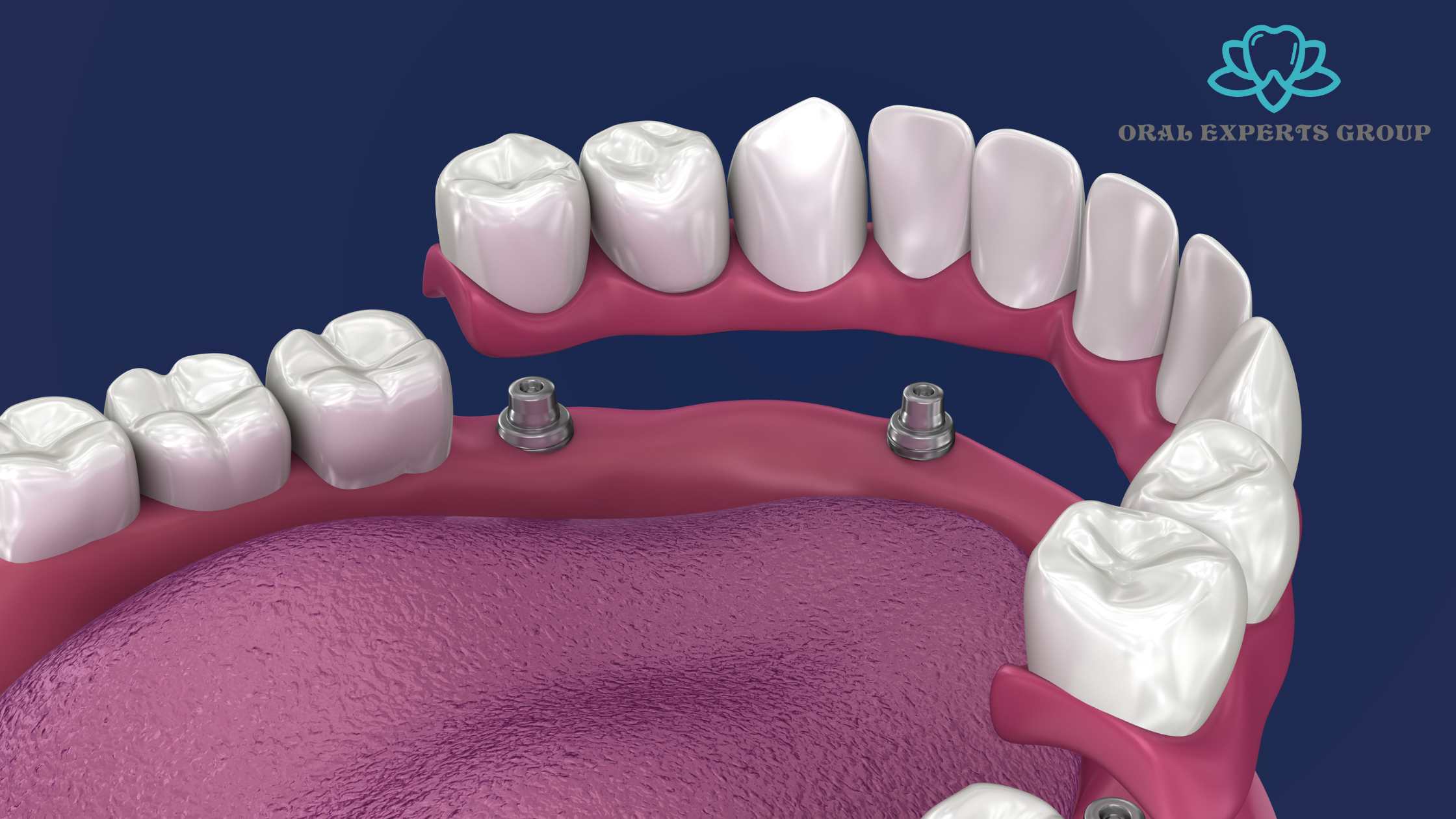Dental Implants Overview
Table of Contents
ToggleWhen it comes to addressing missing teeth, dental implants have revolutionized the field of dentistry. A dental implant is a small titanium post that serves as a replacement for the root of a missing tooth. By mimicking the natural tooth structure, implants offer a stable and long-lasting solution to tooth loss.
Understanding Dental Implants
Implants are placed directly into the jawbone, providing a strong foundation for a dental restoration. Through a surgical procedure, the implant is positioned in the jaw to support either a single tooth or a set of teeth.
Types of Tooth Implants
There are various types of tooth implants available, including full-mouth dental implants like the All-On-4 method. The All-On-4 technique involves placing four dental implants in the jaw to support a full arch of teeth.
Benefits of Dental Implants
Dental implants offer numerous advantages, including improved oral health, enhanced aesthetics, and increased functionality compared to traditional removable dentures. With proper care, implants can last a lifetime, making them a popular choice for replacing missing teeth.
The All-On-4 Method
When looking at the All-On-4 method, it’s essential to understand its significance in full mouth dental implants. This technique involves placing four dental implants in the jawbone to support a complete set of teeth, offering a more stable and permanent solution for individuals with missing teeth.
What is the All-On-4 Method?
The All-On-4 method is a dental implant procedure that utilizes four implants to support a full arch of artificial teeth. This approach is designed to provide a secure and long-lasting solution for individuals missing multiple teeth.
Procedure of the All-On-4 Dental Implants
During the All-On-4 procedure, the dentist will surgically place four titanium implants in the jawbone to support the dental restoration. This process typically involves implant placement followed by attaching the prosthetic teeth, creating a natural-looking smile.
Comparing All-On-4 with Other Implant Techniques
When comparing the All-On-4 method with traditional dental implants, the key difference lies in the number of implants used and the treatment timeline. Unlike individual implants for each tooth, All-On-4 requires only four implants for a full set of teeth, significantly reducing the overall treatment duration.
Risks and Safety Concerns
Potential Risks of Full Mouth Dental Implants
While full mouth dental implants like the All-On-4 method offer numerous benefits, there are inherent risks associated with any surgical procedure. These risks may include infection, nerve damage, or complications during the healing process. It’s crucial for patients to be aware of these potential risks and discuss them with their dentist.
Factors Contributing to Implant Failure
Several factors can contribute to implant failure, such as poor oral hygiene, smoking, inadequate bone support, or underlying medical conditions. Understanding these risk factors and addressing them proactively can help minimize the chances of implant failure and ensure the long-term success of the dental implants.
Ensuring the Safety of All-On-4 Dental Implants
To enhance the safety of All-On-4 dental implants, proper preoperative planning, meticulous surgical technique, and postoperative care are essential. Regular dental visits, maintaining good oral hygiene, and following the dentist’s recommendations can significantly reduce the risk of complications and promote the longevity of the implant-supported restoration.
Preventive Measures and Aftercare
After undergoing dental implant surgery, maintaining optimal oral health is crucial for the success and longevity of the implants. Patients should follow post-operative care instructions provided by their dentist to promote proper healing and minimize the risk of complications.
Maintaining Oral Health Post-Implant Surgery
Regular brushing and flossing, along with using antimicrobial mouthwash, can help prevent infections and keep the implant site clean. Avoiding hard foods and sticky substances can protect the implants from damage and enhance their durability.
Common Issues and Solutions for Dental Implant Patients
Patients may experience minor discomfort, swelling, or bruising after implant surgery. These issues typically subside within a few days. In case of persistent pain or signs of infection, it is essential to contact the dentist promptly for evaluation and treatment.
Importance of Regular Dental Check-ups
Scheduling regular dental check-ups and cleanings is vital for monitoring the health of dental implants and detecting any potential issues early on. Dentists can assess the stability of the implants, evaluate oral hygiene practices, and provide recommendations to optimize implant maintenance.
Conclusion
Weighing the Risks and Benefits of Full Mouth Dental Implants
When considering full mouth dental implants, it’s essential for patients to weigh the risks and benefits carefully. While implants offer significant advantages in terms of functionality and aesthetics, understanding the potential risks and ensuring proper aftercare are crucial for a successful outcome.
Understanding the Impact of All-On-4 Method on Oral Health
The All-On-4 method provides a reliable solution for full mouth dental implants, offering enhanced stability and functionality. Patients should be aware of the impact this technique can have on their oral health and collaborate closely with their dental team to optimize the results.
Final Thoughts on the Safety of Dental Implants
In conclusion, dental implants, including the All-On-4 method, are generally safe and effective for replacing missing teeth. By following preventive measures, adhering to aftercare instructions, and attending regular dental check-ups, patients can ensure the longevity and success of their implant-supported restorations.












